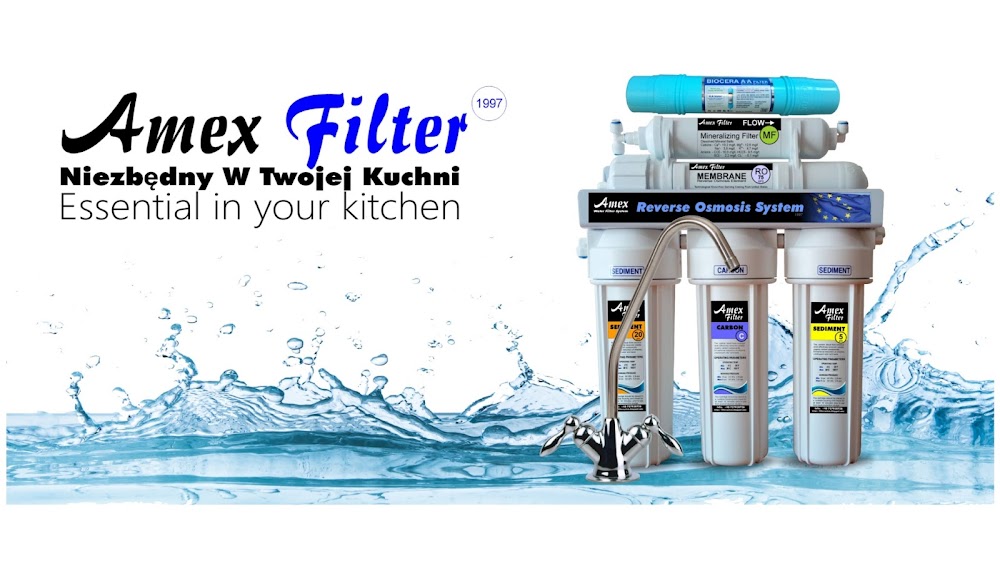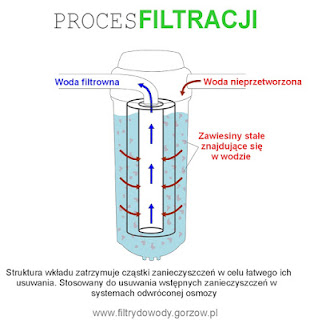They can pollute the water and cause flu-like illness if water is not treated. Fortunately, all of these contaminants can be treated with a proper water filtration system that will provide clean, safe, and better-quality water to your family.
Benefits of filtered water:
Health - filtering potentially harmful contaminants (bacteria, viruses, cysts, heavy metals, etc.) can prevent the spread of waterborne diseases.
Cost-effective - filtered water is more profitable than bottled reducing the impact of the environment through fewer waste bottles in the landfill.
Better taste - coffee, tea and dishes prepared with filtered water have a better taste
More soft skin and hair - hard water can dry the skin and hair. Purified water prevents skin dryness and does not require continuous creaming.
Easier to maintain the house - hard water and other impurities can leave rust spots, mineral deposits on the handles, on the walls of shower cabins, wash basins, toilets, faucets, coffee makers, kettles, etc.
Longer operating time - depositing mineral deposits in the form of "limescale" in coffee machines, water heaters, washing machines and other appliances reduces their efficiency and shortens their service life
Washing - If the contaminants are in the water, then on the clothes. Filtered, treated water makes the whites and colors cleaner and brighter.
How does a filter work?
Liquid filter removes dirt: Liquid dirt can contain bacteria, heavy metals and chemicals in your water. This can affect the taste and smell of water or its safety for human consumption. A suitable filter can remove these dirt.
A collection of solid suspensions can contaminate water through rust, viruses or minerals such as calcium and magnesium. This may make the water look cloudy. This turbidity will settle on all kinds of surfaces and devices. The right filter collects these pollutants and prevents them from re-circulating to produce healthy water.




No comments:
Post a Comment